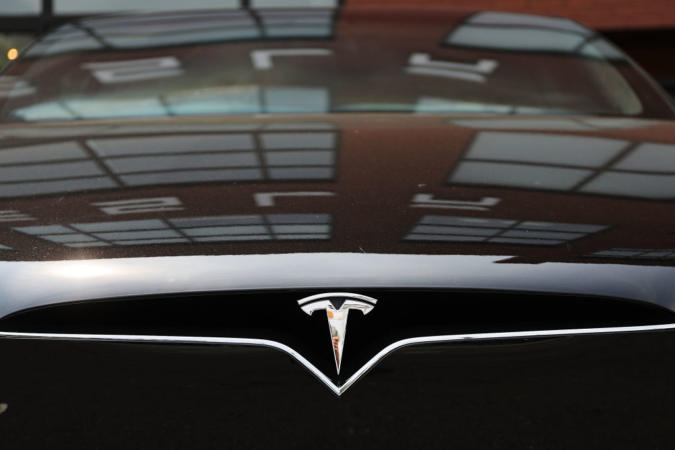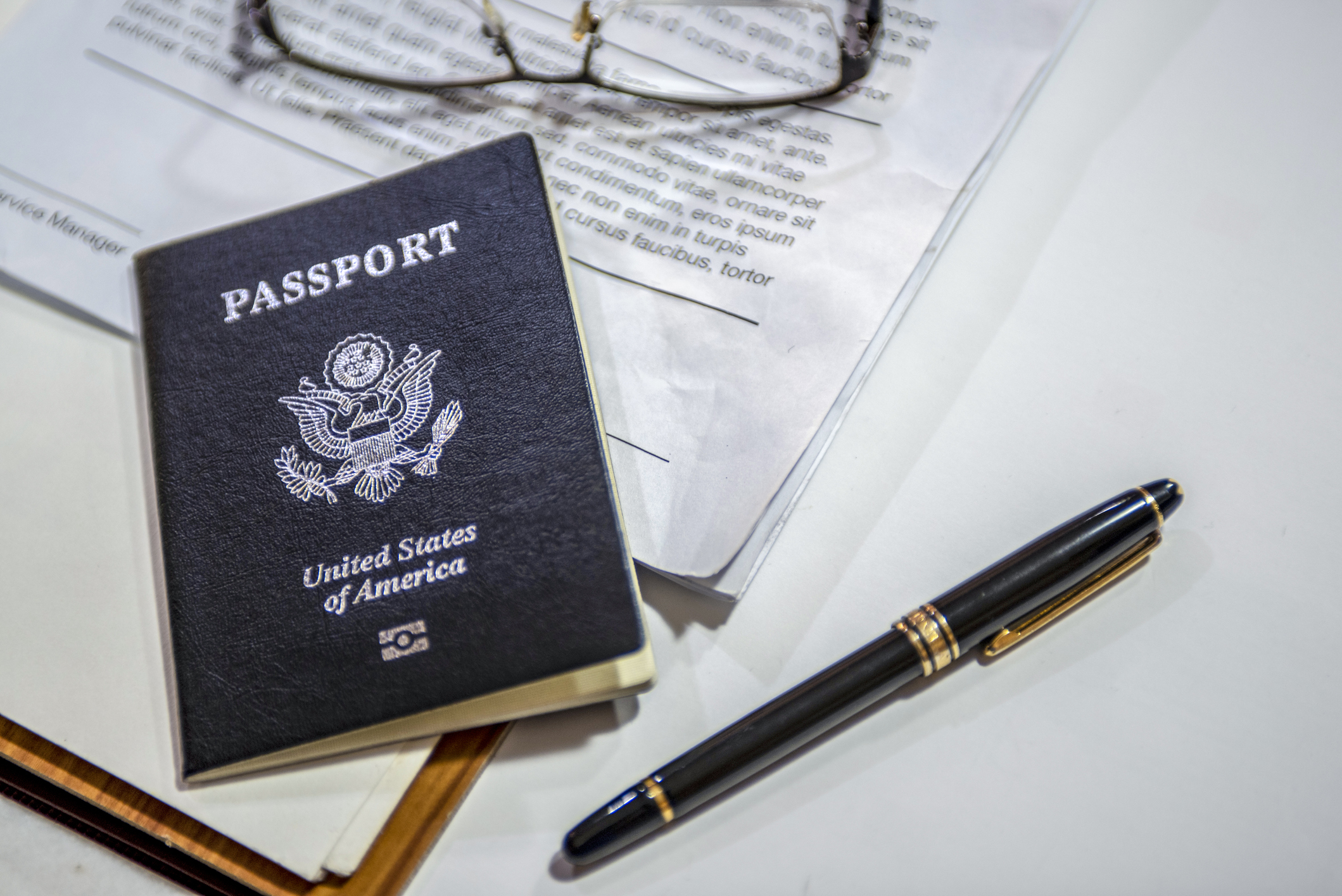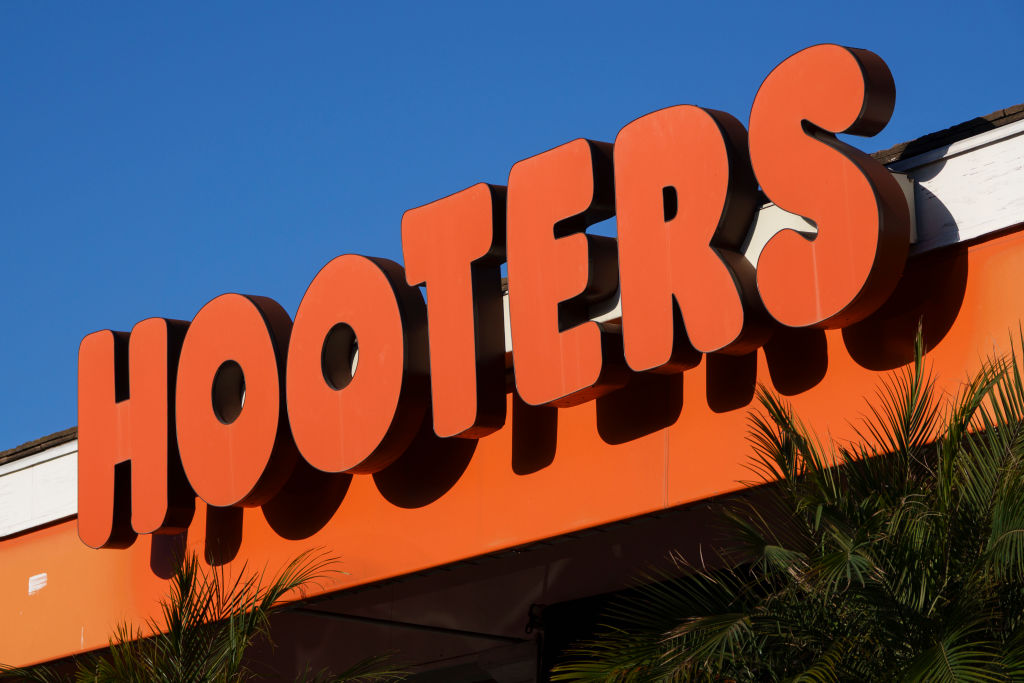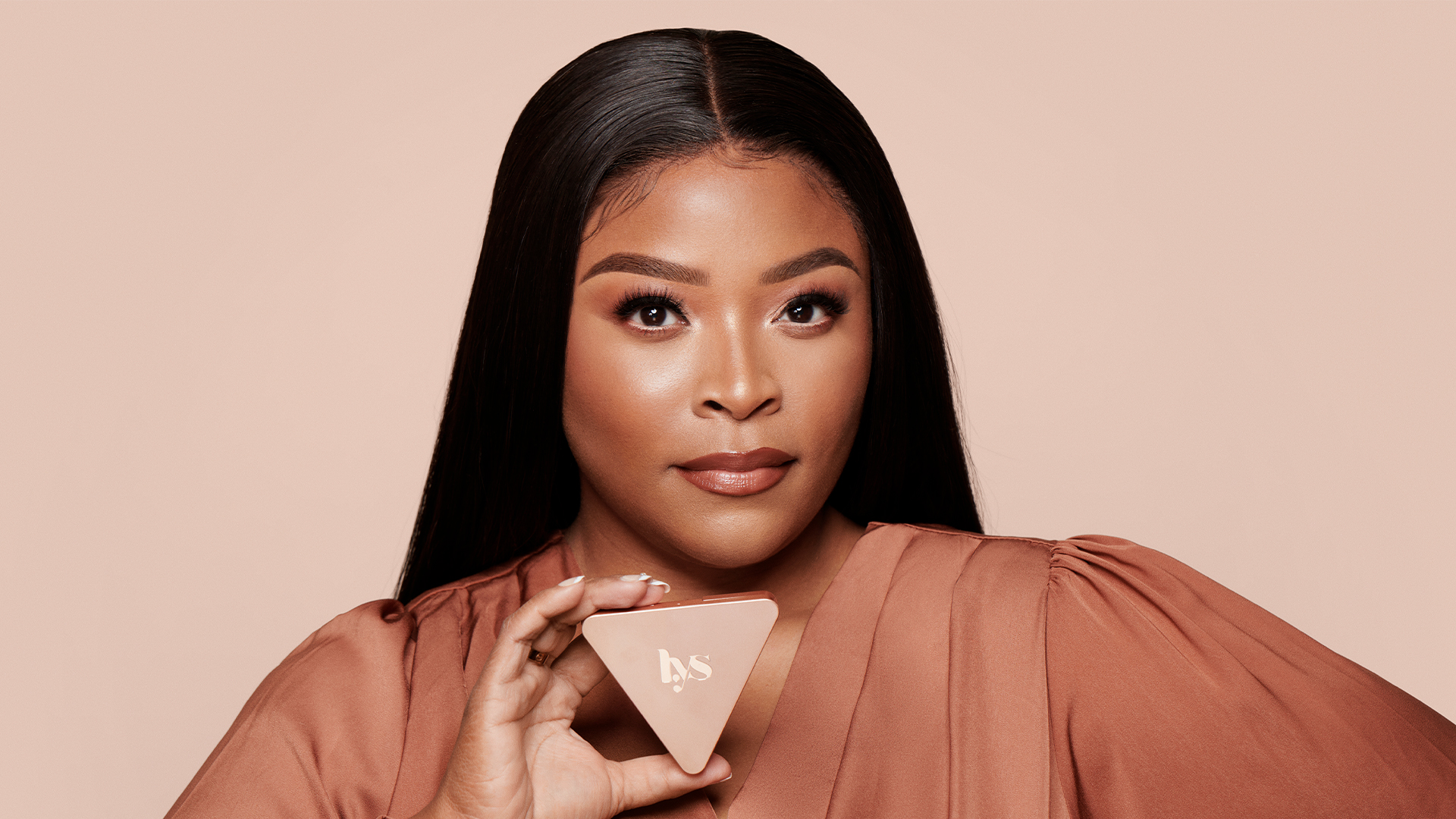As I sat in a local coffee shop on the island of Antigua, I noticed the majority, if not all of the customers were tourists (myself included). Well, sort of — I lived on the island for several years. Therefore, seeing the droves of tourists that flocked to the island during the spring and summer months wasn’t new to me.
According to the World Tourism Organization (UNWTO), tourism is responsible for 235 million jobs, or one in every 12 jobs worldwide. The UNWTO even lists tourism as a means to end poverty in the 3rd world and non-western countries. Although tourism can be lucrative for local businesses like the local coffee shop in Antigua, there are unseen pitfalls that are not broadcasted by the UNWTO. Many of these locally Black-owned businesses start to over cater to tourists to the point that their business begins to damage the culture of their home country.
What I’ve noticed during my time in Antigua is that tourists don’t want to experience a different way of life and culture. What they want is to have an American experience in another country. They want paved streets, air-conditioned shops, pillow-topped mattresses, and premium grounded coffee. When their standards are not met, they not only complain and whine to store owners but proceed to leave bad reviews on Yelp and other business directory services, to warn future tourists not to patronize these places of business. These Black-owned businesses understand the power of a Yelp review and how negative publicity can lead to the financial demise of the company. Owners do their best to please tourists at any cost — after all, their livelihood depends on it.
When these businesses start to fear the holy “Yelp review,” it forces owners to change the dynamics of their business. They literally take the motto, “the customer is always right,” to the extreme. Shops that usually blast Soca music at 7:00 a.m. have opted for elevator music. Instead of being able to read a local newspaper with your morning coffee, there are only British and U.K. newspapers for purchase. Culture is minimized when Black-owned businesses depend on western tourist money and business reviews.
Locals also tend to shy away from businesses that undergo this self-imposed gentrification because they feel uncomfortable and out of place. The problem with local shops and hotels turning into wannabe Sandals Resorts is that they ultimately start competing with high-end resorts for the tourist dollar. Amid competition, local businesses loss their authenticity and cultural ambiance as they began to mimic more western-style attractions.
The unhealthy dependence on tourism to financially maintain many Black-owned businesses also poses the threat of only having income during the vacation months. This dependence leaves Black-owned businesses with only 3-4 months of steady cash flow and a dry remainder of the year. Unsteady income leads desperate Black business owners to look for income in other places like selling natural resources. Of course, there is nothing wrong with bargaining and selling resources, but the problem is when massive exclusive purchasing starts to take place. Many business owners tend to lean towards this avenue of income when tourism is slow. According to Adventure Antigua, local market business owners have succumbed to massive monthly exports of natural resources, like seafood, for exclusive purchase. This means that seafood — especially lobster that was once prevalent on the island — is now scarce due to purchasing rights being exclusive to the highest foreign bidder.
Although tourism is a lucrative avenue for local Black-owned businesses, it does come with a cost. The pitfalls of depending on western tourism and reviews are gradual and could have negative ramifications on generations to come.
















